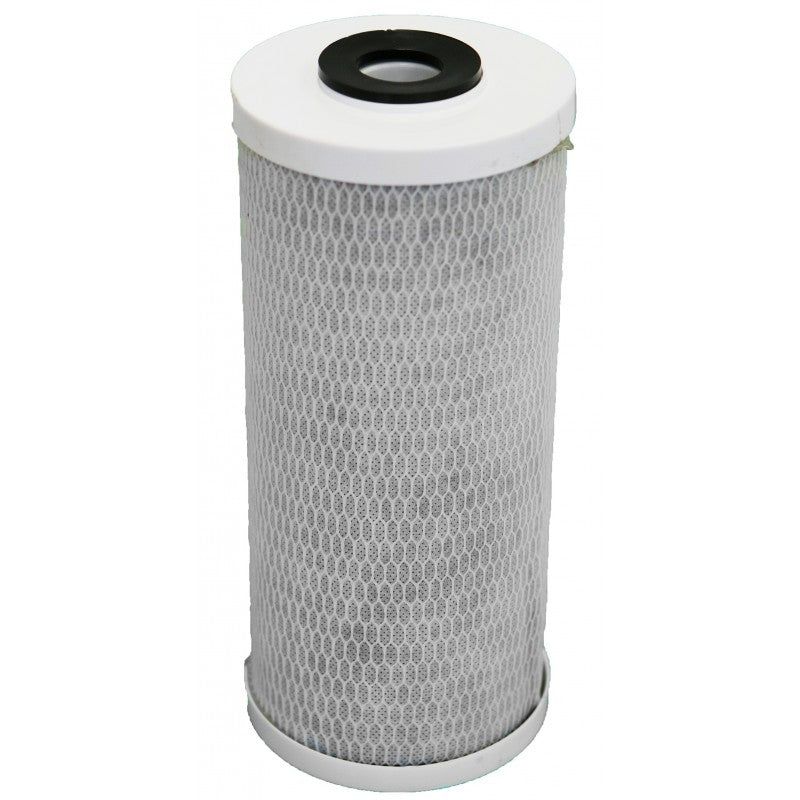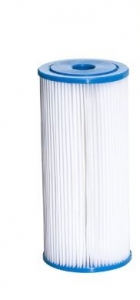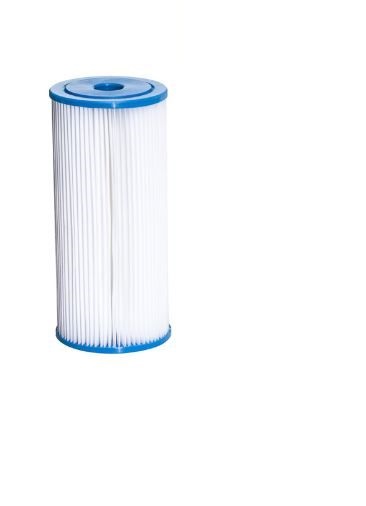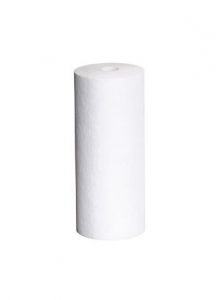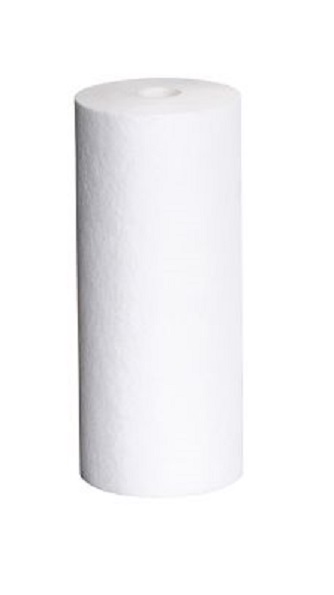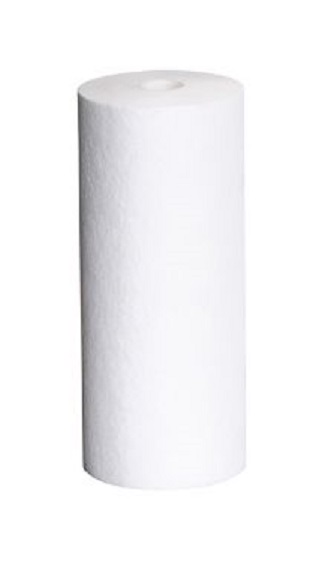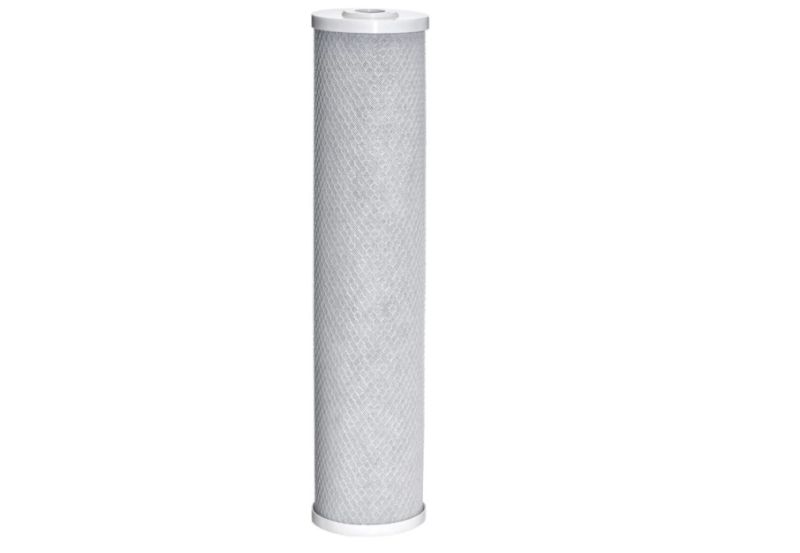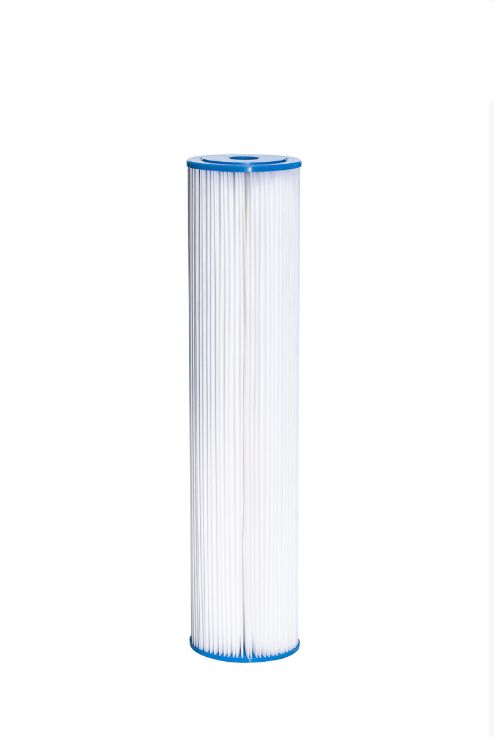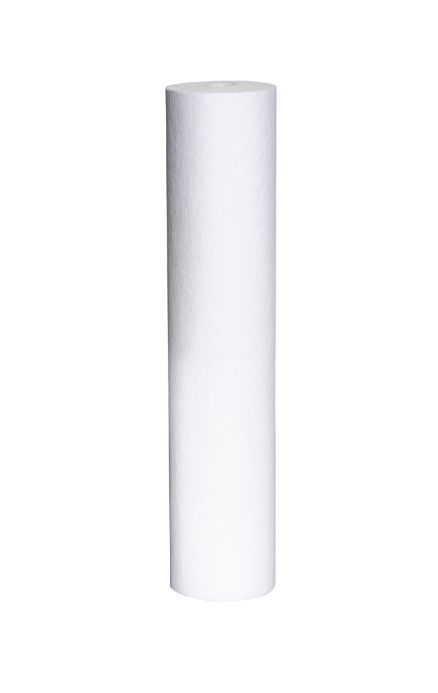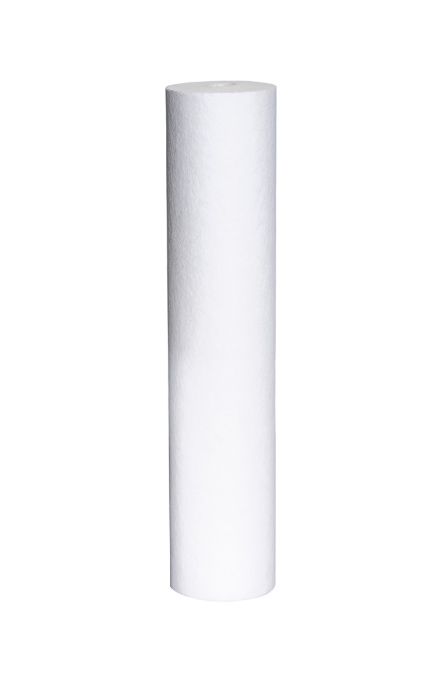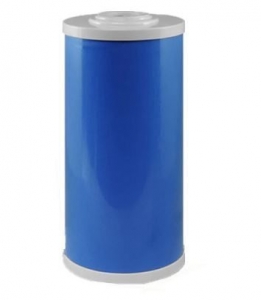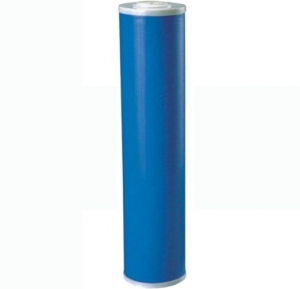New Zealand prides itself on a "clean and green" image, a reputation that extends to our natural resources, including our water. Many of us grew up drinking straight from the tap without a second thought, believing it to be among the purest in the world. While it’s true that our water quality is generally high compared to many other countries, the journey from the reservoir to your glass is a long one, and what comes out of the tap isn’t always just pure H₂O. Understanding the potential impurities in your water is the first step towards ensuring your family is drinking the cleanest, healthiest water possible.
Why Your NZ Tap Water Isn’t as Pure as You Think
The water that reaches our homes starts its life in rivers, lakes, or underground aquifers before being treated at a municipal plant. While this treatment process is vital for eliminating harmful bacteria and viruses, it’s not the end of the story. The water then has to travel through an extensive network of pipes to get to your kitchen. Much of this infrastructure across New Zealand is aging, and older pipes can potentially leach contaminants like copper, lead, and other heavy metals into the water supply. This means that even if the water leaves the treatment plant in pristine condition, its quality can diminish before it ever reaches your tap.
A key part of the water treatment process involves disinfection, most commonly with chlorine. This is a crucial step to make our water biologically safe to drink, killing off dangerous microorganisms like Giardia and Cryptosporidium. However, chlorine can leave a distinct chemical taste and odour, which many people find unpleasant. Beyond just the taste, some people have sensitivities to chlorine, and there are growing concerns about the potential long-term health effects of disinfection by-products (DBPs), which are created when chlorine reacts with natural organic matter in the water.
Beyond the treatment chemicals and aging pipes, other unwelcome guests can find their way into our water. In rural areas, agricultural runoff can introduce nitrates and pesticides into the supply. In other places, sediment and rust particles can be picked up along the water’s journey. More recently, the issue of microplastics has become a global concern, with studies finding these tiny particles in tap water around the world, including here in New Zealand. While our water is treated to meet national safety standards, these standards don’t always account for taste, odour, or the cocktail of minor contaminants that can still be present.
Finding the Right Water Filter for Your Kiwi Home
Once you decide to take control of your water quality, the next step is navigating the world of water filters. The options can seem overwhelming at first, but they generally fall into a few main categories. The simplest and most affordable are pitcher-style jug filters and tap-mounted filters, which are great for renters or those on a tight budget. For a more permanent and convenient solution, under-sink and countertop systems offer a higher level of filtration. For those on tank water or wanting comprehensive purity for their entire home, a whole-house filtration system, installed where the water main enters the property, is the ultimate solution.
For most Kiwi homeowners looking to improve their drinking water, under-sink systems offer the best balance of performance, convenience, and cost. These units are plumbed in directly under the kitchen sink, feeding a separate, dedicated tap for filtered water. The technology inside these filters varies, from standard carbon block filters that are excellent at removing chlorine, taste, odours, and sediment, to more advanced multi-stage systems. For those with specific concerns about heavy metals, fluoride, or nitrates, a reverse osmosis (RO) system provides one of the most thorough levels of filtration available, forcing water through a semi-permeable membrane to strip out a vast range of impurities.
Choosing the right filter for your home comes down to your specific needs and priorities. Start by thinking about what you want to remove from your water – is it just the chlorine taste, or are you concerned about a wider range of contaminants? Look for filters that have been independently tested and certified by organisations like NSF International, which guarantees the product does what it claims. Don’t forget to factor in the ongoing cost and ease of replacing the filter cartridges, as this is crucial for maintaining performance. A good water filter is an investment in your family’s health, giving you peace of mind with every glass.
While New Zealand’s tap water is considered safe by official standards, "safe" doesn’t have to be your benchmark. The presence of chlorine, potential heavy metals from old pipes, and other trace contaminants can affect the taste, smell, and overall purity of the water you drink every day. By understanding these issues and exploring the different filtration options available, you can easily and effectively improve the quality of your water. Installing a water filter is a simple, proactive step towards ensuring the water in your Kiwi home is not just safe, but truly clean, fresh, and healthy.
